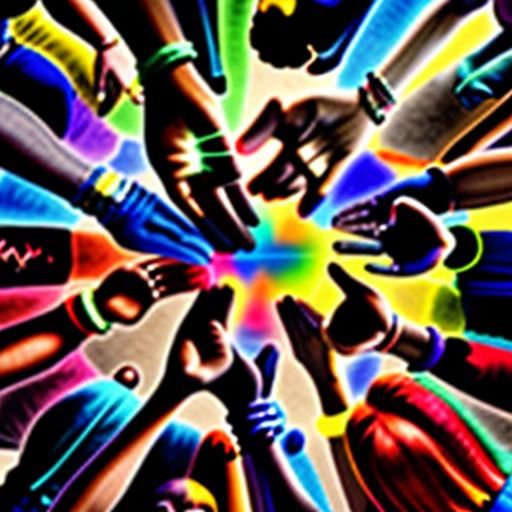Imagine a loved one struggling with both addiction and a mental health disorder. This complex situation, known as a dual diagnosis or co-occurring disorder, can feel overwhelming and leave you searching for answers. Finding the right treatment center is crucial, offering a beacon of hope and a path toward healing. This guide will explore everything you need to know about Treatment Centers For Dual Diagnosis, empowering you to make informed decisions for yourself or a loved one.
Understanding Dual Diagnosis and its Challenges
What is Dual Diagnosis?
Dual diagnosis refers to the simultaneous presence of a substance use disorder (such as addiction to drugs or alcohol) and a mental health disorder (like depression, anxiety, or bipolar disorder). These conditions often occur together and can significantly impact each other, creating a complex cycle that’s difficult to break.
Why is Specialized Treatment Crucial?
Treating only one aspect of dual diagnosis isn’t enough. Traditional addiction treatment centers may not address underlying mental health issues, leading to relapse. Similarly, mental health facilities might overlook addiction, hindering recovery. That’s where specialized dual diagnosis treatment centers come in.
The Benefits of Treatment Centers For Dual Diagnosis
Treatment centers specializing in dual diagnosis provide integrated and comprehensive care, addressing both the addiction and mental health disorder simultaneously. Here’s why they’re essential:
1. Integrated Treatment Plans
These centers develop personalized treatment plans that consider the interplay between the co-occurring disorders, employing a multidisciplinary team of professionals.
2. Specialized Therapies
They offer evidence-based therapies tailored for dual diagnosis, including:
- Cognitive Behavioral Therapy (CBT): Helps identify and modify negative thought patterns and behaviors contributing to both disorders.
- Dialectical Behavior Therapy (DBT): Focuses on emotional regulation, mindfulness, and interpersonal effectiveness, crucial for managing both addiction and mental health challenges.
- Motivational Interviewing: Assists individuals in finding their own reasons for change, promoting lasting recovery.
3. Medication Management
Psychiatrists within dual diagnosis treatment centers can accurately diagnose and prescribe medication to manage mental health symptoms, ensuring it complements addiction recovery.
4. Supportive Environment
These centers provide a safe, structured, and supportive environment where individuals can focus on healing without judgment or stigma.
treatment.phatgiao60s.com/wp-content/uploads/2024/07/dual diagnosis treatment center-669516.jpg" alt="calm and supportive therapy session" width="512" height="512">calm and supportive therapy session
Finding the Right Treatment Center
Navigating the world of treatment centers can feel daunting. Here are essential factors to consider:
1. Accreditation and Licensing
Ensure the facility is accredited by reputable organizations like the Joint Commission or CARF International, demonstrating their commitment to quality care.
2. Treatment Approach
Understand the center’s philosophy and approach to dual diagnosis treatment. Do they align with your or your loved one’s needs and preferences?
3. Program Duration and Intensity
Treatment centers offer varying program lengths and levels of care, from inpatient to outpatient options. Determine what best suits the individual’s needs and circumstances.
4. Aftercare Planning
Long-term recovery is the goal. Inquire about the center’s aftercare planning process, which should include relapse prevention strategies, support groups, and connections to community resources.
Dual Diagnosis: Frequently Asked Questions
What are the signs of dual diagnosis?
Recognizing the signs early is crucial for seeking timely intervention. Some common signs include:
- Difficulty managing emotions
- Increased anxiety or depression
- Withdrawal from social activities
- Changes in sleep or appetite
- Difficulty concentrating or remembering
- Engaging in risky behaviors
How long does treatment for dual diagnosis last?
The duration of treatment varies depending on the severity of the disorders, individual progress, and program type. It can range from a few weeks in an intensive outpatient program to several months in residential care.
What is the success rate of dual diagnosis treatment?
While challenging, recovery from dual diagnosis is achievable. Individuals who receive integrated treatment at specialized centers have significantly higher success rates in achieving long-term sobriety and mental well-being.
Taking the First Step Toward Healing
If you or someone you love is struggling with dual diagnosis, remember that help is available, and recovery is possible. Reaching out to a treatment center for dual diagnosis is the first step towards a brighter, healthier future.
